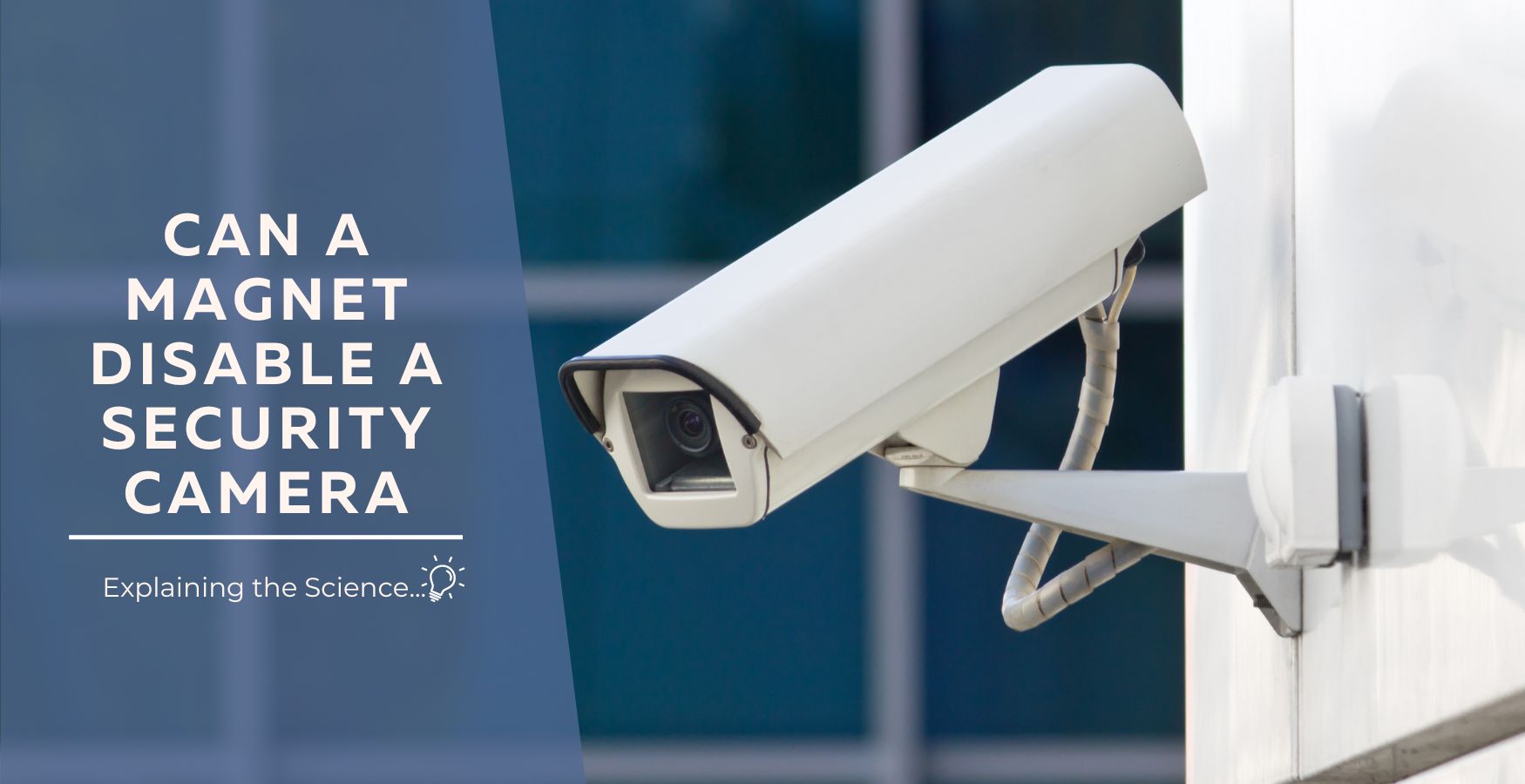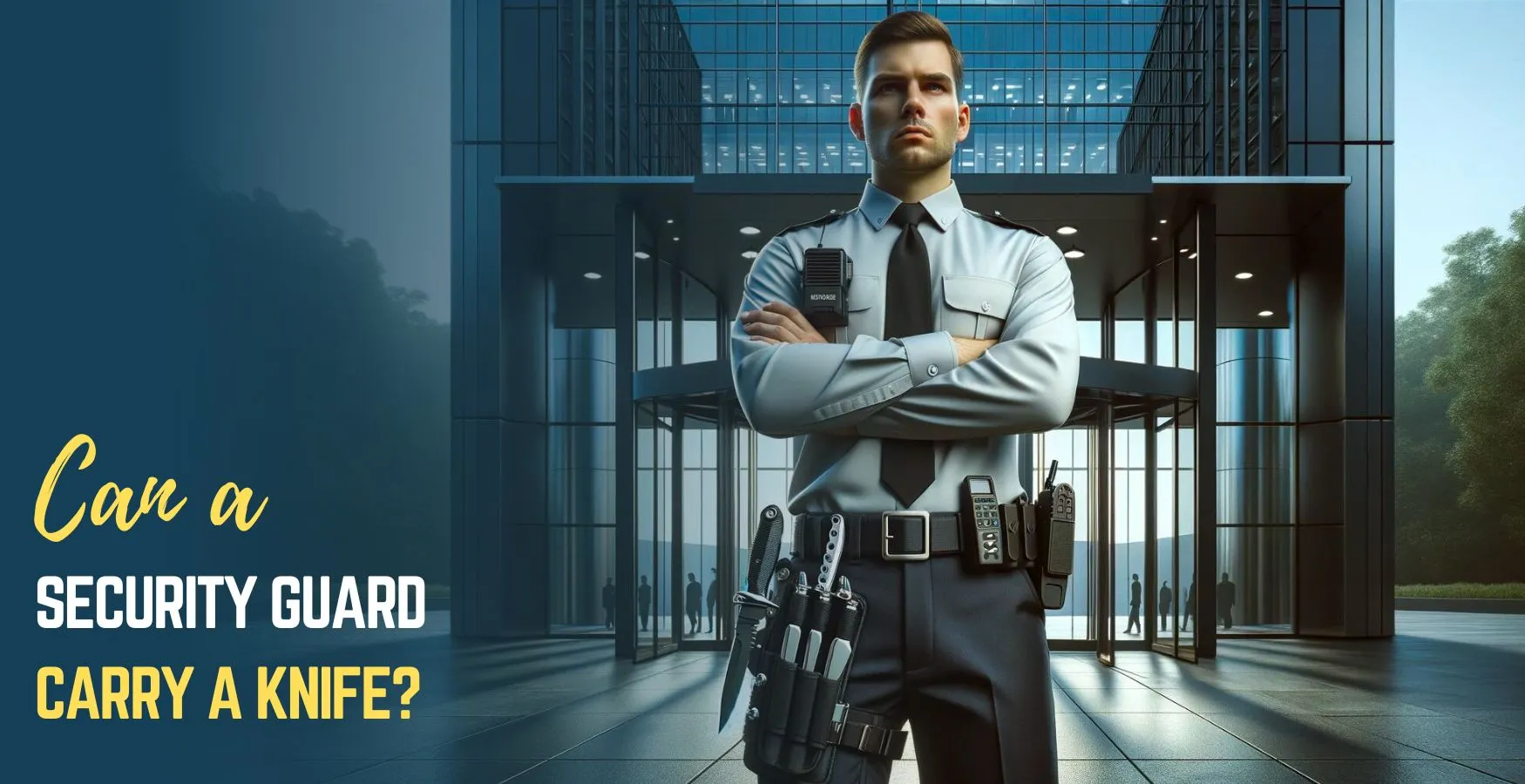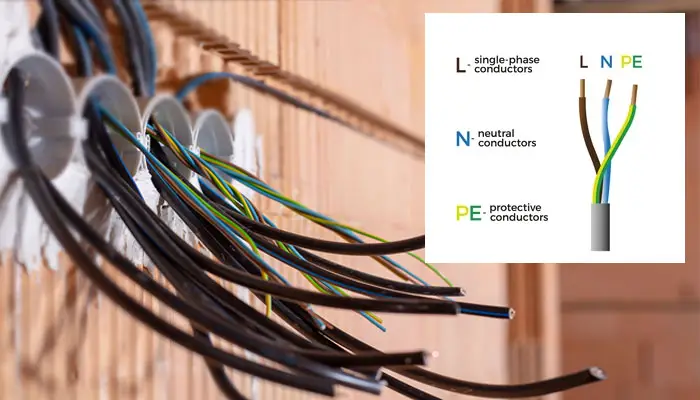What happens if you unplug a security camera
- By Infoik
- 26 Oct, 2021
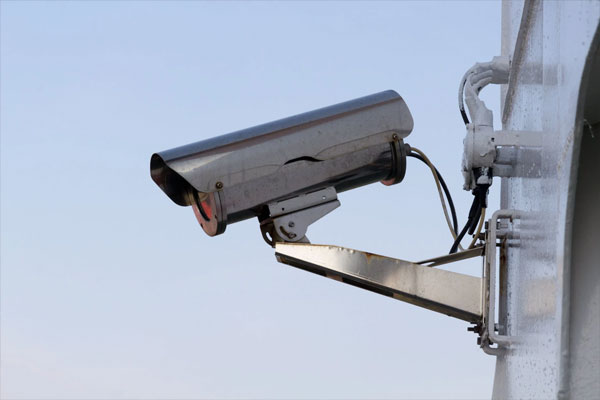
What happens if you unplug a security camera?
When you’re away from the house, your automated security system will continue working and recording footage even though there’s no one around to monitor it. This means that if anything happens while nobody is at home or in their neighborhoods, they’ll be able to see everything on camera.
How to Determine If a Security Camera is Recording
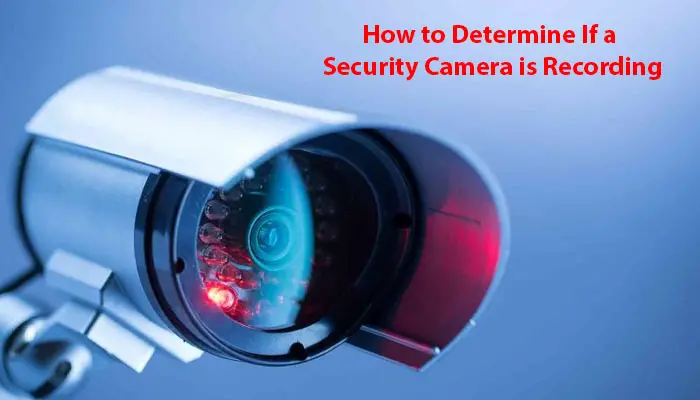
When you’re away from your house, the cameras will still be recording but not for long. They have a built-in memory that stores all of this footage, so when it comes time to watch or review video clips, later on, they can be played back without being stored onto an external device first.
How To Disconnect Security Cameras
When you have a security system, it’s essential that the cameras also work effectively. A common issue with home automation systems is how easily they can be disabled by a person or persons unknown – but this doesn’t do anyone any good! So, what should we do? One solution might depend on whether your property has fiber optics already installed for internet access; if so, there may still be another option available: disconnecting them from their power source altogether.
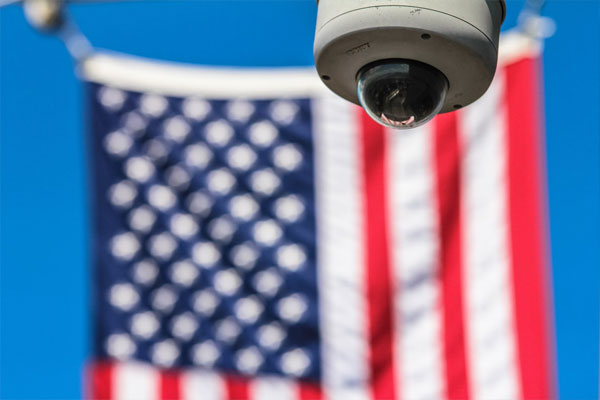
The idea behind security cameras is to dissuade an intruder from targeting your house. But how fail-safe is this system when you utilize it on its own? Can the top-rated, best-wired CCTV systems be disabled by an attacker who plans carefully before striking – or does he need some outside help first for things to go according to his plan (i e something is blocking him)? And if not…how able are we at protecting ourselves within our homes against intrusions without hiring more workforce/spending big bucks through expensive equipment like perimeter monitoring and 24-hour hotline access that could stop any would-be crook cold).
Who can Disable a Security Camera?
Criminals are always one step ahead of law enforcement. Therefore, if you want to protect yourself against camera theft, your security system must be equipped with a backup solution if something happens. The main link becomes disconnected or disabled- this goes for both indoor CCTV hooked up. Through coaxial cable as well outdoor ones!
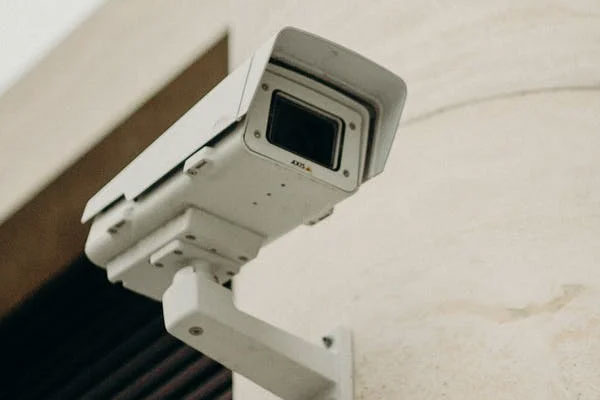
Security cameras are becoming an easy target for burglars thanks to their wireless signals. If you’re not careful, your CCTVs could be rendered useless with just one phone call!
The new trend in tampering with these devices is called “jamming.” Burglars will use a more robust signal at the same level of frequency as what’s being received by each camera so they can overpower it and make sure no video gets recorded anymore- unless there’s an order from law enforcement agencies across various cities that only allows specific frequencies (i.e. some security systems may allow up 15 different channels while others don’t care).
There are two ways to prevent this attack. The first and most obvious way is by seeking professional help from a home security company with equipment that can bypass the jamming scheme of your burglar alarm system so that it works again in no time at all!
Methods for Disabling Security Cameras
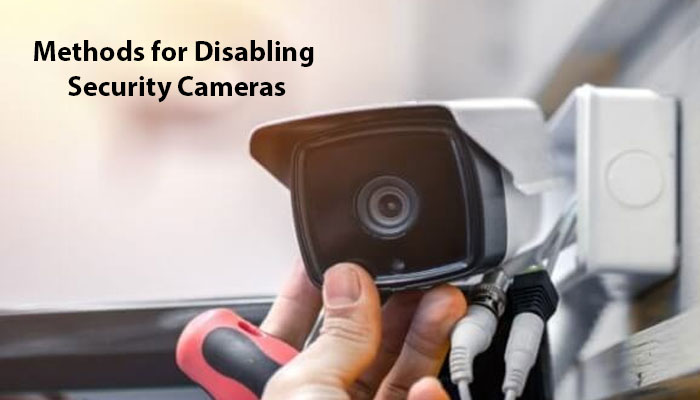
You’ve probably seen a lot of security camera footage on the local news featuring crooks in disguise. Or maybe you noticed how some thieves are almost impossible to know because they’re always wearing dark clothing and masks when committing their crimes? These tricks don’t work anymore, though; new technology has made it possible for them not only to hide from cameras but also turn off these devices remotely with just an app or two!
A powerful LED flashlight can impair a security camera without ever needing to be on camera. Of course, the trick only works at night, when the light from it blinds lenses in surveillance equipment and makes them unable to take good pictures or videos during daytime hours; however, if someone plans an illegal business during day time, they should know how easy laser pointers are for catching criminals these days!
When Should You Disable your Security Camera?
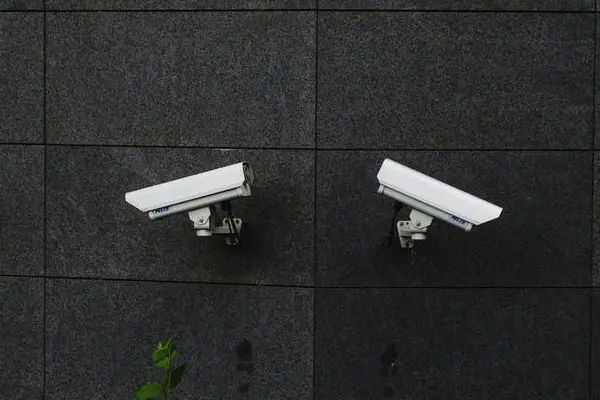
Disabling or disconnecting a security camera might be connected to illegal activities wherein you don’t want to get caught. There are many ways for crooks with knowledge of your home’s system, such as by going into settings and unchecking all days in order to stop recording on what they’re watching when not at the house–this way only alerts them if someone walks by while it is enabled (and possibly gets recorded). Suppose this sounds like something that would interest YOU, then keep reading!
You may want to take action against your neighbor if you feel like they violate privacy by using their security cameras. But before anything else, it would be best for people who live in an apartment complex or condo association building (or any other shared space) to speak with management about this issue first, because there could be enormous consequences when dealing with law enforcement and legal matters on one’s own accord without consulting others involved beforehand!
How Do Wireless Security Cameras Work?
Gone are the days of long, obtrusive wires running across floorboards or walls. Instead, many wireless security cameras can be placed almost anywhere and communicate wirelessly with a control panel for ease in installation as well as the flexibility to determine where best suited on your property.
Do wireless security cameras need internet?
A wireless security camera is essential for the modern home, but it can only work correctly when a signal and connection to your network. If either one of these elements goes haywire, then all that footage recorded by this device will be lost forever!
Wireless security camera benefits
Wireless security cameras are easier to install than their wired counterparts. Many of these camera devices are connected via Wi-Fi or a similar network and can be set up in less time with just a few clicks!
Wireless security cameras are the perfect solution for renters, people new to home protection, and those on a budget. Not only will these wireless systems save you money in comparison with wired setups, but they’re also easy-to-move which is great if your space regulations don’t allow wire intrusions or need more flexibility!
Do security cameras need to be plugged in?
Wireless security cameras are a great way to keep an eye on your home or business without having wires everywhere. They also provide many benefits over battery-operated “wire-free” models, which rely on constant power for surveillance purposes.
Do security cameras work without power?
The short answer is that CCTV cameras will not work when there’s no electricity. But some of them have a backup battery and onboard storage so they can still record for a time after the power goes out or if you purposefully cut it off to prevent your footage from being captured by anyone who might be watching at night without supervision.
Can the CCTV camera be switched off?
CCTV cameras are a great way to keep an eye on your property, but they often need power from somewhere. If you have one that doesn’t operate without a battery, then it’s not very useful because if someone turns off the electricity or breaks into their house and shuts down those working circuits, we can no longer watch our homes through these devices!
I would recommend investing in some solar panel kit since there will always be the sun shining somewhere wherever you install yours (assuming climate permits).
Can Wi-Fi camera work without internet?
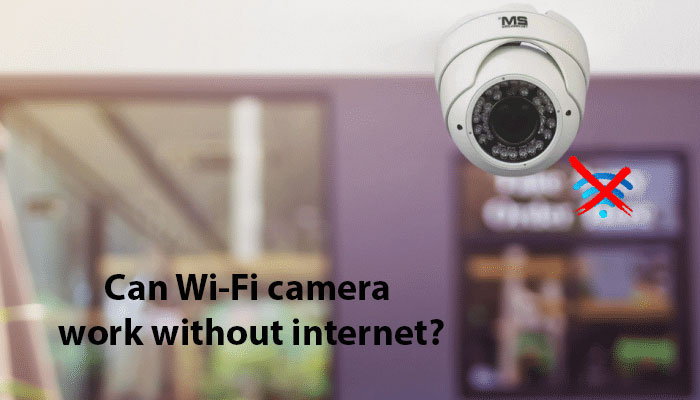
Wireless cameras are everywhere these days, so it’s no surprise that many of them connect to the internet. You might want your camera for its Wi-Fi capabilities, or you may need one because there aren’t any cables running through your house – but either way, most wireless cameras will require some connection.
How long do batteries last in security cameras?
Batteries for wireless security cameras can last anywhere from one to three years. They are very easily replaced – easier than replacing a watch battery! But most of these devices have power cables that need fixing or displaying signs of wear and tear after just two months on the job, so it’s best not to bet your surveillance system solely on batteries alone (though they do work).
Can you disable a security camera with a laser pointer?
A laser pointer will not damage a security camera. However, to disable it, one must have the power and precision needed to hit their target precisely head-on 5 meters (16 feet).
A typical eye infection is easy enough for most people with everyday ailments but difficult if you’re already sick or elderly because this type of disease requires medication that may interact poorly with other medicines, we regularly take such as beta-blockers, blood thinners/anticoagulants, etc., so before starting anything new consult your doctor especially when dealing remotely via internet forums!
Can neighbors have security cameras towards your house?
There are specific rules that your neighbor must follow when installing security cameras. For example, they cannot be aimed at people without their consent in areas where there is an expectation of privacy or interfere with practical activities on your and others’ properties.
How do you know if a security camera is recording?
When the tilt-type security camera is on, it continuously rotates. There may also be a distinctive buzzing sound, and that means it’s turning as well! If you have patrol or tour set up with your home setup, these modes will constantly happen, which means we’re recording 24/7 because of their motion sensors activated by movement within range (about 20 feet).
Conclusion
You can sleep soundly at night, knowing that you and your family are safe from intruders with a CCTV system. However, it’s not as easy to stop them. All crooks will find any way they possibly can! But there is one thing we should know: some ways disconnect security cameras while other steps may deter them in their tracks, so our homes stay protected against would-be robbers or burglars alike.


